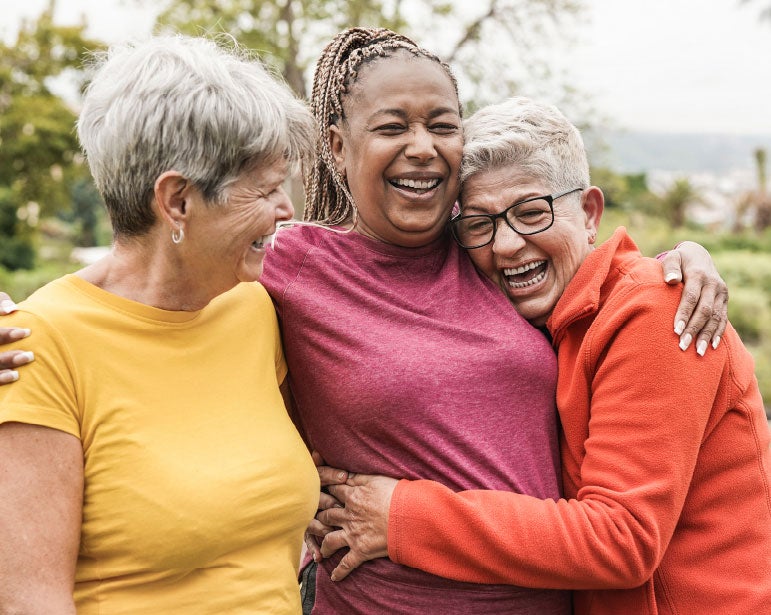Key Takeaways
A new issue brief from NCOA warns the financial hardships created by COVID-19 will be much worse for older adults living alone.
This could force nearly 3 million older Americans in single households into possible poverty or greater health risks.
The brief is one of a 3-part series conducted in partnership with the LeadingAge LTSS Center @UMass Boston.
Contact
Armando Trull
Media Relations Manager
571-527-4007
armando.trull@ncoa.org
Arlington, VA (August 10, 2020) – The National Council on Aging (NCOA), a trusted national leader working to ensure that every person can age well, is warning that the financial hardships created by the COVID-19 pandemic will be much worse for older adults living alone, and this could force nearly 3 million older Americans in single households into possible poverty and or greater health risks.
Those are the sobering conclusions of Potential Financial Impacts of the COVID-19 Pandemic on Older Single-Person Households, a new issue brief from NCOA and the LeadingAge LTSS Center @UMass Boston. The brief is one of a 3-part series that examines historical data from the 2008 recession and applies those findings to today’s economic and public health crisis.
“Recent history shows us what happens to an already vulnerable population of older adults living in single households,” said Dr. Susan Silberman, NCOA Senior Director, Research & Evaluation. “Their far more precarious financial situation is worsened by an economic downturn to a greater degree than older adults living with others. This is only part of the story. Older adults living alone will likely face devastating health impacts related to social isolation.”
The analysis also found that older single person households are predominantly comprised of widows and widowers, and therefore the number of vulnerable older adults living in single households is likely to increase as married couples lose their partners because of the pandemic.
Although the analysis focused on the potential financial risks to older adults during an impending recession, COVID-19 adds a health component that will likely have devastating consequences for this age demographic on top of any economic impacts.
“It is critically important to maintain a strong social safety net and ensure that people who need to access benefits are able to do so, and to undertake policies that focus on narrowing financial disparities even within the older adult demographic that will face higher COVID-19 related impacts,” Silberman said.
Potential Financial Impacts of the COVID-19 Pandemic on Older Single-Person Households, is one of three white papers, the entire series can be found here.
About NCOA
The National Council on Aging (NCOA) is the national voice for every person’s right to age well. We believe that how we age should not be determined by gender, color, sexuality, income, or ZIP code. Working with thousands of national and local partners, we provide resources, tools, best practices, and advocacy to ensure every person can age with health and financial security. Founded in 1950, we are the oldest national organization focused on older adults. Learn more at ncoa.org and @NCOAging.





